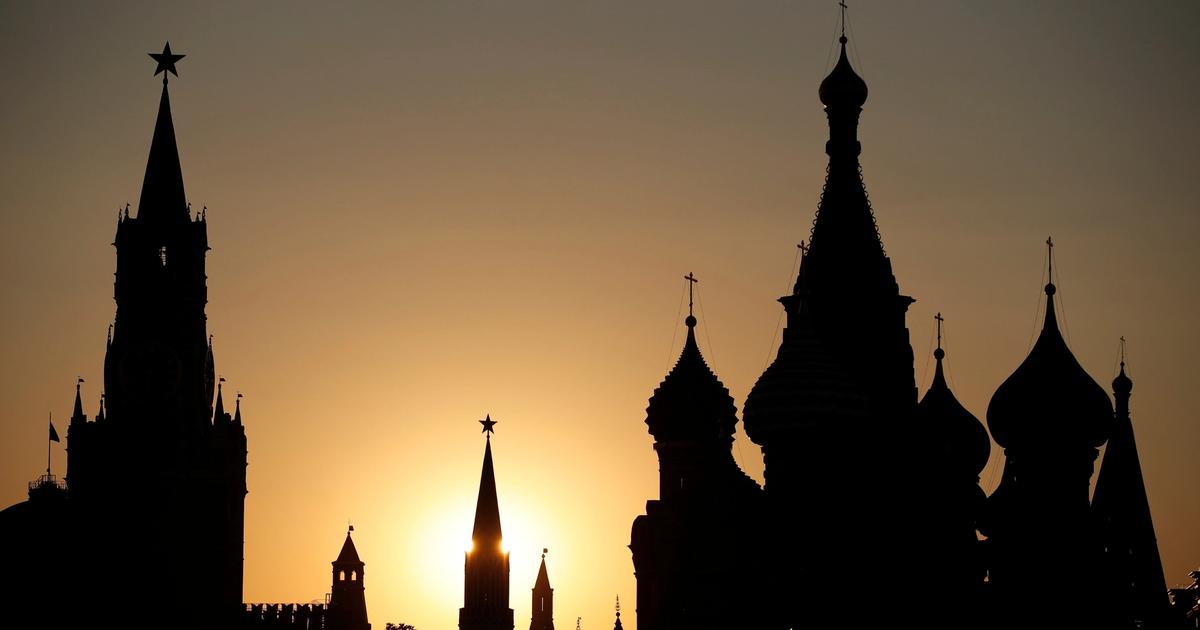REUTERS/Christian Hartmann
Russia 2018 reaches a crescendo when France take on Croatia in Moscow on Sunday and, with England now eliminated, minds are quickly turning back to the helter-skelter of the club season which gets underway across Europe in three weeks’ time.
Inevitably the hype surrounding the kick-off of the 2018/19 season has been dulled by events in Russia and a lot of the top players will not report back for duty until late August.
What is potentially lost in all of this is that the next international break comes as early as the first week in September when the inaugural UEFA Nations League begins.
The tournament is designed as a replacement for meaningless friendlies and to combat the usual derision with which the quarterly international breaks are met with by fans during the club season.
Now those of us who haven’t been completely consumed by the corporate conglomerate that is club football were hoping this summer might re-invigorate some pride in international badges across the globe but even the most optimistic soul in UEFA HQ couldn’t have envisaged quite how much this FIFA World Cup would be the catalyst for promotion of the international game it has been over the last month.
Breathing new life into the international game
World Cup 2018 has seen 161 goals scored so far with two games to go. That is just 10 shy of the 171 strike record at both the 1998 and 2014 tournaments
As such, although goals don’t always signify entertainment, it is safe to say the unpredictable nature of the competition and the new names in the lower half of the knockout draw have added to the overall enjoyment and caused a general wave of positivity surrounding international football.
Whether this is just an oasis effect while the summer break is in full swing remains to be seen but there can be little doubt that this has been the shot in the arm required leading into a new and untested format of national team competition.
The last time a new competition or radical structure change was implemented in international football was the Confederations Cup back in 2005. That has become a glorified dummy run for impending hosts of the big competition one year later.
REUTERS/Henry Nicholls
The Nations League (if treated seriously) could give true competitiveness to even the minnow nations involved. It will not include the David vs. Goliath matches we have become accustomed to in qualifying campaigns for major tournaments in Europe but rather a level playing field for players along with the hope of victories against equally matched teams from the fans.
It is the closest thing you can get to emulating a club league structure at international level and this is no coincidence. Consistent competitive games are something the stop-start nature of the international scene rarely allows and this new format, following on from such a well-received tournament, could be the key to reviving the national interest and combat waning attendances at not only friendlies but competitive qualifiers alike.
Football's... coming... home...?
The enduring memory of this World Cup, then, will be the idea that it was in 2018 that football finally came home.
And this was not simply an English occurrence. Around the world, there is a feeling that this tournament has recalibrated the global game. People, however ephemerally, were united in some sense: brought together around something so nominally unimportant as the football.
Of course, this isn't a unique phenomenon. When Brazil play life in the favelas of Rio come to a standstill. Millions of people, whether they are honest, crooked, healthy, sick, wealthy or poor, pause their lives for 90 minutes because in an age devoid of tribal warfare this is the closest we will get to a euphoric feeling.
REUTERS/Lee Smith
But international football has spent a decade in the doldrums. At the turn of the millennium, the club versus country debates were in full flow as audiences around the world slowly lost interest in the international form of the game.
Before Russia 2018, the pendulum had completely swung towards domestic football with little hope of return. Now the dinosaur of modern football is roaring once again: the lions have been let out of their cage.
As the lights dim in Moscow this Sunday night and the golden trophy is held aloft, it will signify not only the end of what has been a magnificent tournament but also a bright new dawn for international football.
Chapeau, Russia. You have vastly exceeded all expectations.
What are your thoughts about the long-term impact of the World Cup? Let us know by commenting below.
Explore new topics and discover content that's right for you!
News



